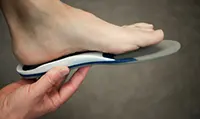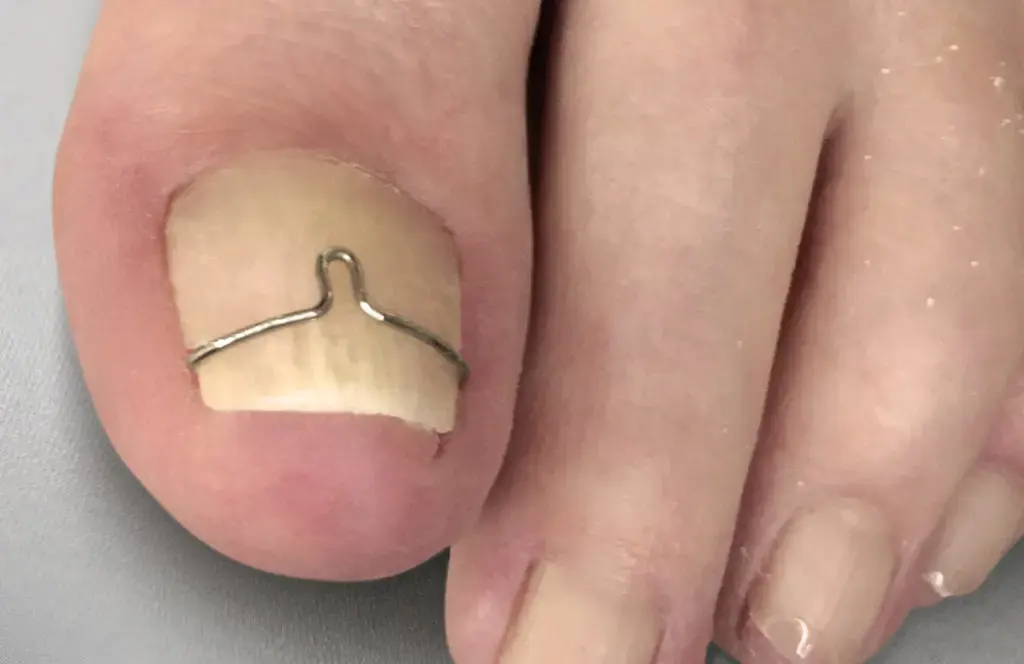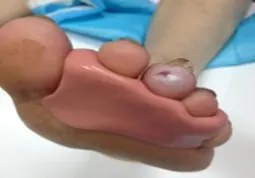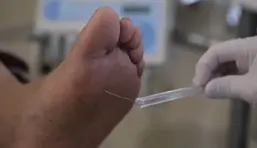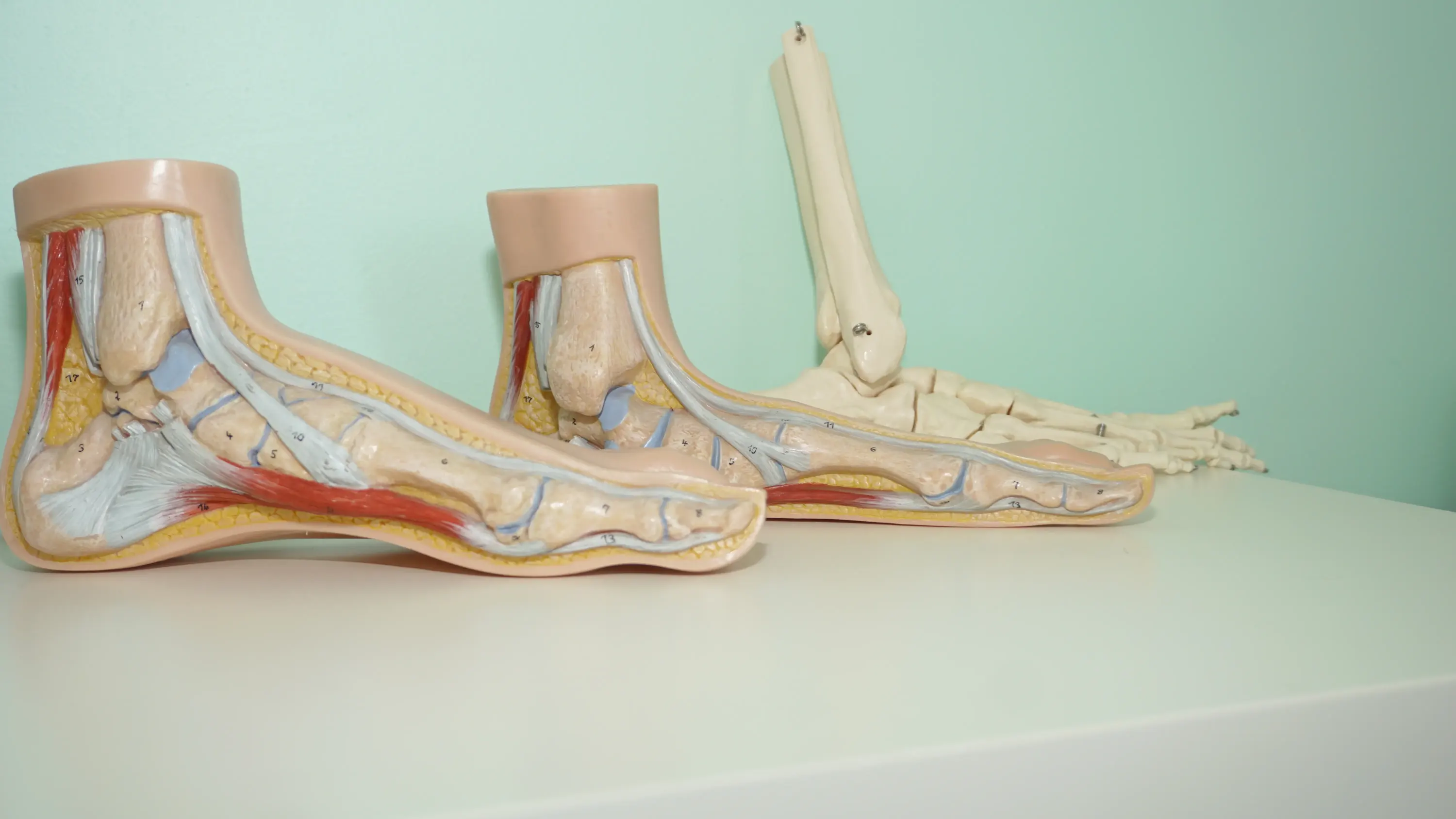
A podiatrist (podotherapeut) is a licensed paramedical professional specialized in diagnosing and treating foot problems as well as issues resulting from abnormal foot posture or gait patterns. They address complaints not only of the feet, but also of the ankles, knees, hips, and lower back that originate from foot-related dysfunction.
The key distinction between a podologist (podoloog) and a podiatrist (podotherapeut) lies in their level of training and professional regulation. A podiatrist has completed a four-year accredited bachelor’s degree at a university of applied sciences and is legally recognized as a healthcare professional under Dutch law.In contrast, the title podologist is not legally protected, and no formal education is required to use it.
While some podologists may have followed relevant courses or training, this can vary greatly, and their scope of practice is generally more limited. A podiatrist is qualified to assess, diagnose, and treat a broader range of foot and lower limb conditions, including more complex complaints.The title “podiatrist” (podotherapeut) is legally protected under the Dutch Healthcare Professions Act (BIG Act, article 34) and may only be used after completing a recognized higher professional education program.
As licensed paramedics, podiatrists fall under the jurisdiction of the Ministry of Health. Podiatrist Nina Tonnaer is an officially registered healthcare provider with the Healthcare Quality Institute of Aruba (Kwaliteitsinstituut Gezondheidszorg Aruba) which operates under the Department of Public Health (DVG). She holds a quality registration in the Dutch Quality Register for Allied Health Professionals (Kwaliteitsregister Paramedici) and is a member of the Dutch Association of Podiatrists (Nederlandse Vereniging van Podotherapeuten).
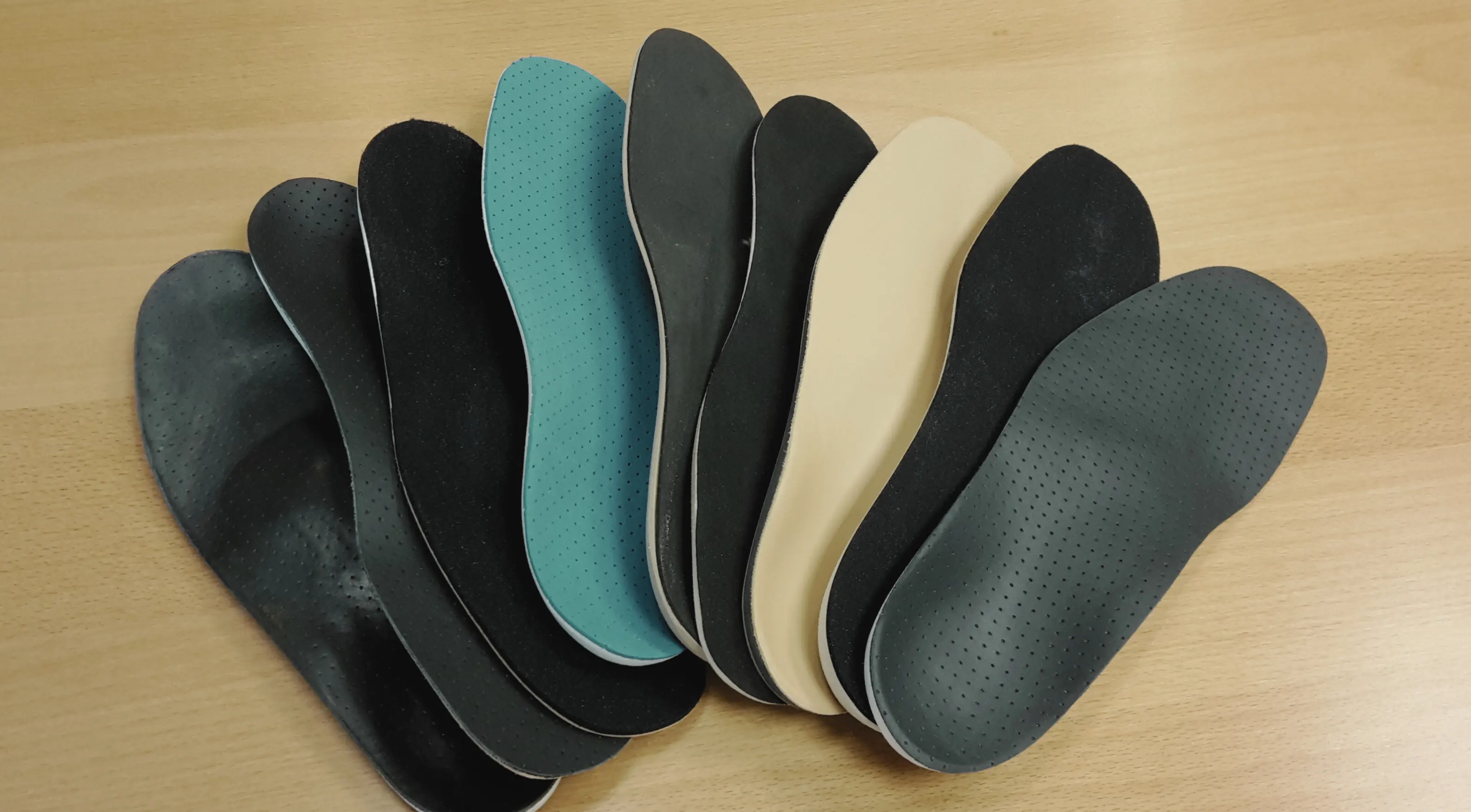
Do you recognize one or more of the following symptoms?
- Discomfort or pain in the feet, knees, hips or lower back during daily activities, sports or work
- Fatigue in the feet and/or legs
- Cramping or tingling sensations in the feet when standing or walking
- Pain in the heel area
- Nail disorders, such as (infected) ingrown toenails
- Skin conditions, including persistent callus formation/pressure points or corns
- Toe deformities, claw toes or misaligned toes
- Muscle or tendon injuries
Your podiatrist provides professional care for complaints related to the feet, ankles, knees, hips, and lower back, often caused by improper posture or gait. She specializes in the treatment of high-risk feet, such as those of individuals with Diabetes Mellitus or other (chronic) medical conditions that increase the risk of developing slowhealing wounds on the feet. Prevention is also a key aspect of our practice, as you naturally do not want to wait until a complaint limits your daily activities. Care is provided for individuals of all ages, from children to the elderly.
What to expect?
When you visit PodoMedic Clinic Aruba for the first time, a comprehensive examination will be conducted to fully understand your complaint. This assessment will generally include:
- Data Entry
Your referral letter (if applicable) will be reviewed, and your personal details will be entered into our system.
- Anamnesis
This is a detailed interview to understand the origin and progression of your complaint, as well as your medical background.
- Inspection
An examination of the feet will be performed, including foot posture, foot type, and specific characteristics such as skin abnormalities.
- Podoscopy
Using a mirror plate, the pressure distribution across different areas of the foot is carefully examined to identify areas of high or uneven pressure.
- Palpation
Specific structures in the foot (muscles, bones, tendons, ligaments, etc.) are palpated and tested to assist in making a diagnosis.
- Functional Examination
The mobility of the foot joints will be tested.
- Gait Analysis
Your walking pattern will be observed.
- Shoe Inspection
Your shoes/slof and slippers will be evaluated for functionality and wear.
- Knee, Hip or Back Examination
If necessary, an examination of the knee, hip, or lower back will be conducted.
- Footprint Analysis
If required, a footprint will be taken to map pressure points under the foot and to analyze your foot roll-off.
After the examination, a conclusion, diagnosis, and treatment plan will be formulated. You will receive information regarding your condition, along with professional advice on footwear, therapeutic exercises, and foot care. With your permission, your physician will be informed through a medical report. In general, treatment aims to maintain and preferably improve foot function, in order to prevent or alleviate complaints.
Get in touch




